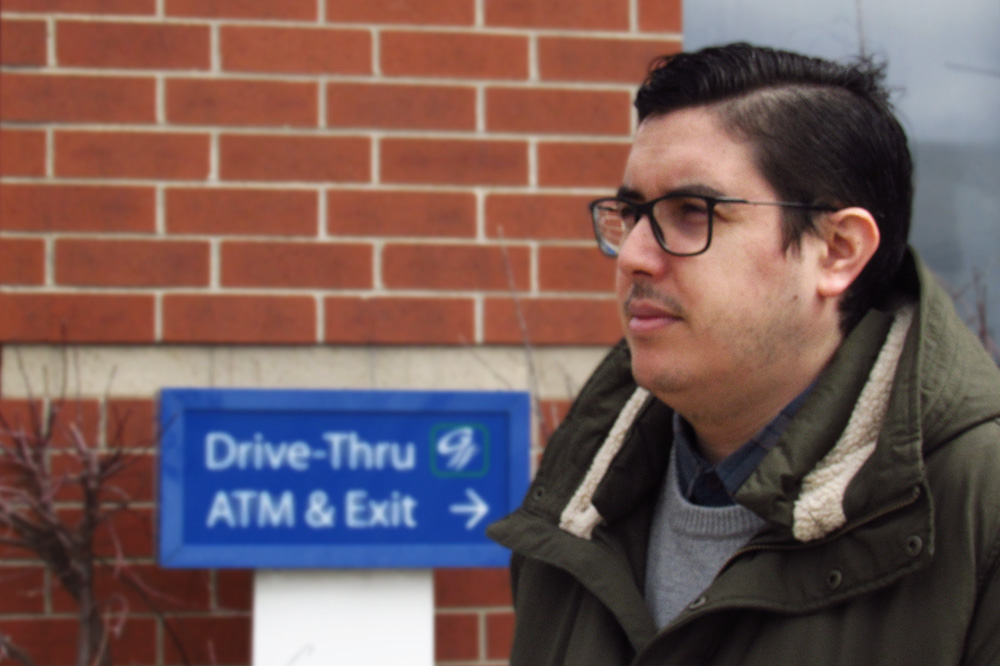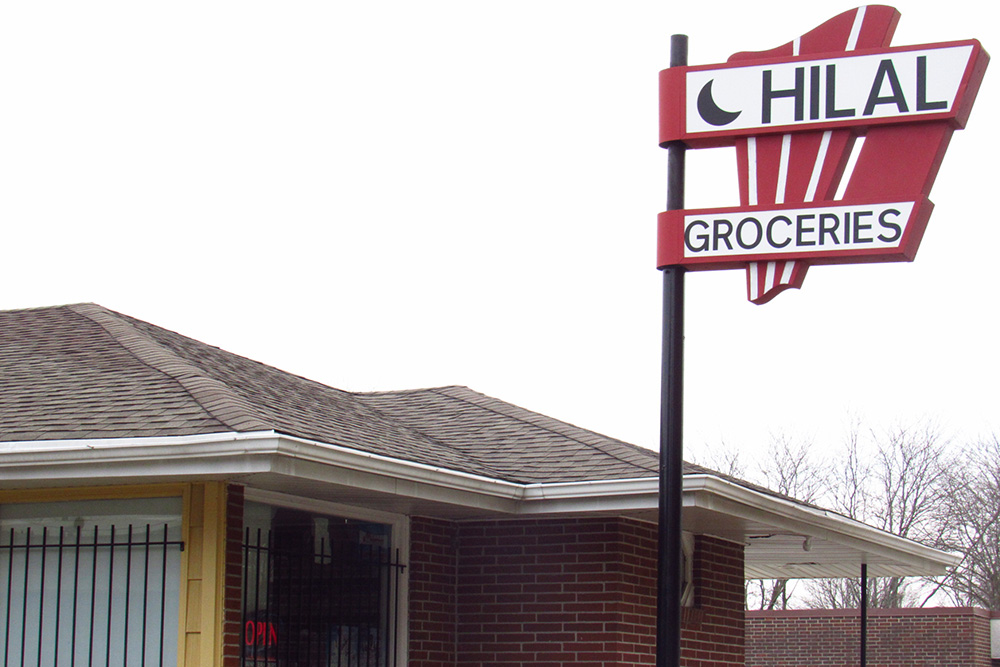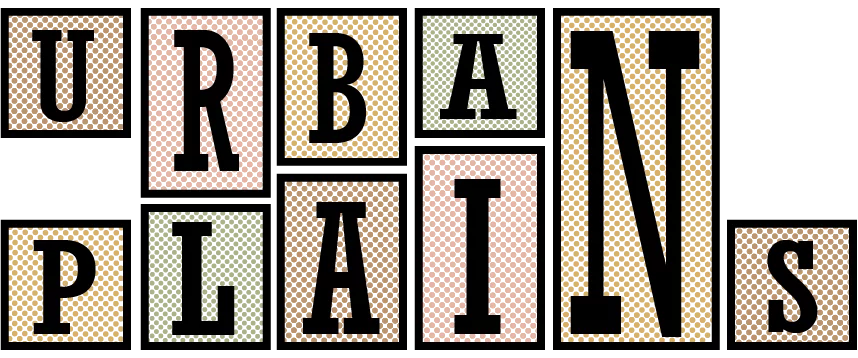Photos by Hoi Mun Yee
Many people from war-torn and developing nations come into the United States to seek a better life, but that often comes with challenges.
Forced to flee, forced to adapt
Imagine owning three houses, multiple cars, and working a secure job as a financial professional for 14 years. Now, imagine giving up all of that and flying halfway across the world to escape threats on your family, having your prior professional experiences unrecognized, and having to settle for semi-skilled and unskilled jobs to support your nine children.
“I am among the rich people in my country, but now, I am here.”- Zamani
An Afghani immigrant, who only wants to be known as Zamani due to safety concerns, came to the United States at the suggestion of his American supervisor in order to protect himself and his family. Handling funds given to international Non-Governmental Organizations by the U.S Embassy in Eastern Afghanistan qualified him for a special immigrant visa. He applied for it in 2012 and arrived in the U.S. in 2016. He is now a permanent resident of the U.S. His decision to come to the United States was a reluctant one—he was fleeing anti-government militants in Afghanistan who targeted him and his family for his work on government projects.
“They [anti-government militants] said I should support them financially, I should work with them, or I should give up my family member to them,” Zamani says. He put his family’s safety above everything else and chose to leave. After navigating the danger that threatened his family in Afghanistan, he faced the challenge of supporting them. Zamani had friends and relatives in other parts of the U.S. who advised him to go to Des Moines because it has more job opportunities and a relatively low cost of living.
“Refugees who initially resettled in other states end up coming to Iowa because they hear Iowa is welcoming, has a low cost of living, short commutes, and it’s easier to find a job,” says Sanjita Pradhan, program director of talent development at the Greater Des Moines Partnership.
Circumstances changed for Zamani. He no longer enjoyed the social status he had in his country. The 42-year-old had to restart his life.
“I am among the rich people in my country, but now, I am here,” he says as he puts his hand low with an ironic smirk.
Zamani was rejected in multiple job interviews for his lack of local experience and certification. He worked as a security guard and then as a Walmart support manager before landing an annual contractual position as a data entry processor at Cognizant Technology Solutions. His wages only cover his rent; he works as an Uber driver on the side to pay other bills. His inability to adapt to the stresses of low-paying jobs gave him health problems.
“That was something that was hurting me because I was a professional person, and that was kind of a labor job,” Zamani says. “I got depression, and from depression my blood pressure was going high.”
Available Resources in Des Moines
On average, Des Moines receives between 600 to 750 refugees per year. In 2016, roughly eight percent of the city’s population was made up of immigrants, according to the United States Committee for Refugees and Migrants.
Iowa is one of ten states in the Welcoming Economies Global Network, an organization aiming to maximize the potential impact of immigrants on the economies of the regions involved. The organization tries to attract immigrant talent, retain them, and benefit both the immigrant population and local economies in regions with falling populations.
On the grassroots level, smaller organizations support the state’s status as a WE Global Network state by helping immigrants find potential employment. Lutheran Services in Iowa (LSI) offers refugee community services to help ease the settling process. Dianne Siasoco, the employment navigator at LSI, teaches job readiness classes. In the classes she teaches refugees English and prepares them for either a career in healthcare or hospitality. Many refugees with high school diplomas or GEDs become certified nursing assistants (CNAs).
“We have specific trainings to try and meet them where they are,” says Siasoco.
However, on rare occasions, they find themselves with clients who are overqualified for these jobs, such as Zamani. These clients are referred to the Greater Des Moines Partnership, which teaches clients with a bachelor’s degree and beyond how to present themselves. The organization also connects them with employment agencies. Clients are taught how to prepare their resumes to attract local companies, but often it is still experience working here in the states that counts, as Zamani found out.
Pradhan, in her position with the Greater Des Moines Partnership, is responsible for helping highly qualified immigrant job seekers navigate the employment process in Des Moines, as well as making the existence of this talent pool known to employers.
“We are hoping to make cultural change in the mindset of those organizations in the hiring process so they are more open to hiring these international candidates,” Pradhan says.
As an immigrant herself, Pradhan understands the frustrations and confusion Zamani is feeling. She came from Nepal 11 years ago with a master’s degree in business administration but had her first job in customer service. She moved up to a higher position in Wells Fargo, but quit due to an inability to adapt to the culture. Now she uses her connections with various refugee agencies to help those like her, but she is cautious about recommending clients for high position jobs.
“I give them the warning that the working environment, culture, people, everything is so different from their home countries,” Pradhan says. “I am cautious not to set them up for failure.”
She believes Des Moines is a good place for immigrant resettlement because of its small size compared to big cities in states like Texas and New York. Despite the challenges she used to face—and those Zamani is currently facing—she thinks it would be even tougher in most other cities. Des Moines’s size makes it easier for immigrants to commute, network, and most importantly, sell themselves.
“It is small enough to network with everyone, to know everybody, to get to know everybody and make yourself stand out from the crowd,” she says. “I’m not sure if I would have gained a lot of success if I was in Texas, or New York, or Washington D.C because there will be too many people and I would never be able to stand out.”
In search of the American Dream
Atef Farhat, 37, obtained a green card through the Diversity Immigrant Visa Program. He moved to New York from Tunisia last August with the intent of fulfilling the American Dream. He took a gamble leaving home, and his high-profile job at the Tunisian Ministry of Finance as a financial inspector, to move to a country he believed would provide a better life. What he found was an unfamiliarity with the hiring process and unemployment for six months. Farhat left New York in November and came to Des Moines.
“I thought that the American dream was easy to reach because I thought that I had enough degrees, enough experience to set myself here.”- Atef Farhat
“I was in the wrong place. New York is full of people, full of competitors, if you apply for jobs you will find hundreds of people applying for same job,” Farhat says. “It wasn’t something good for me because I had to think about my family that would come with me. I had to find something [to pay] rent and something for my expenses, transportation.”

His family was due to reunite with him in the U.S. and he got more desperate for a job. He realized his bachelor’s and master’s degrees from Tunisia were not getting him the employment opportunities he expected. He got connected with the Greater Des Moines Partnership and had more luck finding entry-level jobs.
“I thought that the American dream was easy to reach because I thought that I had enough degrees, enough experience, to set myself here.” Farhat says.
His experiences in Tunisia meant little here in the United States, where he was expected to have worked in U.S-based companies. After six months of searching, he got a job through a temp agency as a loan servicing specialist. Farhat says his confidence was shattered after going through his longest period of unemployment since graduating from university, so he is using this job as an opportunity to rebuild his confidence. He never anticipated having to be interviewed by people much younger than him.
“Sometimes I have interviewers in their twenties and I am sure they’re not experienced enough to interview me, but I had to accept it, so it’s a bit frustrating.” Farhat says. “[In Tunisia] it’s logic you have to be interviewed by experienced people.”
Going forward
Farhat said his temp job is not enough to support his wife and preschool-aged son who have now arrived in Des Moines, but he is doing it to gain the experience he needs to move further up the career ladder. He believes he will be able to secure a more financially secure job in a few months. He is optimistic that “life is going to get better.”
“Life here is like in hell, not in heaven because it is very boring, I work day and night and I cannot earn that much to support my family.”- Zamani

Zamani does not share that optimism. He has given up hope on getting a better paying job in his area of expertise and has enrolled in a course to obtain a commercial driving license. He plans to be driving his own truck in a few years. He said he is only staying here for the benefit of his children.
“Life here is like in hell, not in heaven because it is very boring—I work day and night and I cannot earn that much to support my family.” Zamani says. “If Afghanistan gets quiet, I will not spend one [more] second here.”
Despite his general unhappiness, he says his children are happy here and that is what keeps him motivated to work two jobs with no weekends. Talking about his children was the only topic that put a slight smile on a face filled with despair.
“I don’t want them to be in a situation saying ‘oh Father you had an opportunity, you didn’t take us to another country’,” Zamani says. “I don’t care about my life, but I care about my kids.”

